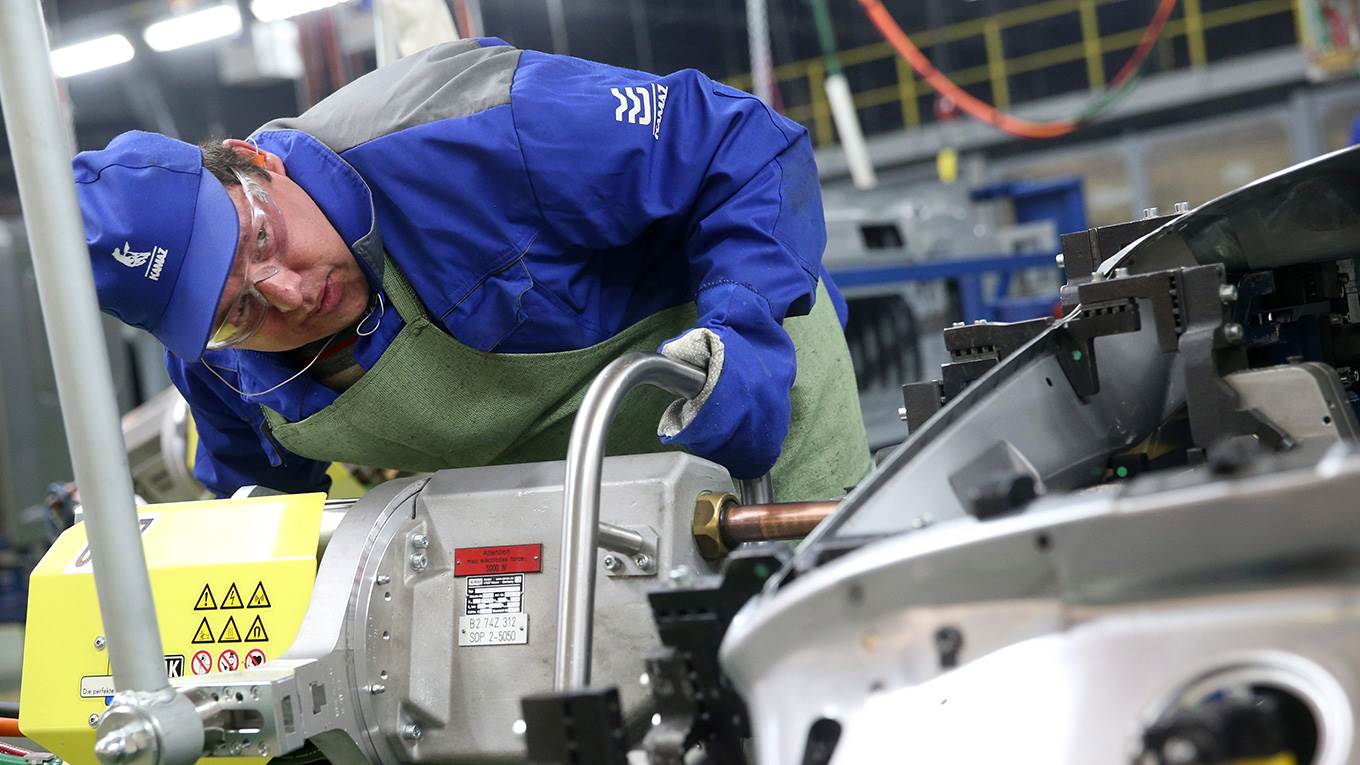CAMBRIDGE – Most economic forecasters have largely shrugged off recent advances in artificial intelligence (for example, the quantum leap demonstrated by DeepMind’s self-learning chess program last December), seeing little impact on longer-term trend growth. Such pessimism is surely one of the reasons why real (inflation-adjusted) interest rates remain extremely low, even if the bellwether US ten-year bond rate has ticked up half a percentage point in the last few months. If supply-side pessimism is appropriate, the recent massive tax and spending packages in the United States will likely do much more to raise inflation than to boost investment.
There are plenty of reasons to object to recent US fiscal policy, even if lowering the corporate-tax rate made sense (albeit not by the amount enacted). Above all, we live in an era of rising inequality and falling income shares for labor relative to capital. Governments need to do more, not less, to redistribute income and wealth.
It is hard to know what US President Donald Trump is thinking when he boasts that his policies will deliver up to 6% growth (unless he is talking about prices, not output!). But if inflationary pressures do indeed materialize, current growth might last significantly longer than forecasters and markets believe.
In any case, the focus of economists’ pessimism is long-term growth. Their stance is underpinned by the belief that advanced economies cannot hope to repeat the dynamism that the US enjoyed from 1995-2005 (and other advanced economies a bit later), much less the salad days of the 1950s and 1960s.
…click on the above link to read the rest of the article…



CAMBRIDGE – Most economic forecasters have largely shrugged off recent advances in artificial intelligence (for example, the quantum leap demonstrated by DeepMind’s self-learning chess program last December), seeing little impact on longer-term trend growth. Such pessimism is surely one of the reasons why real (inflation-adjusted) interest rates remain extremely low, even if the bellwether US ten-year bond rate has ticked up half a percentage point in the last few months. If supply-side pessimism is appropriate, the recent massive tax and spending packages in the United States will likely do much more to raise inflation than to boost investment.
There are plenty of reasons to object to recent US fiscal policy, even if lowering the corporate-tax rate made sense (albeit not by the amount enacted). Above all, we live in an era of rising inequality and falling income shares for labor relative to capital. Governments need to do more, not less, to redistribute income and wealth.
It is hard to know what US President Donald Trump is thinking when he boasts that his policies will deliver up to 6% growth (unless he is talking about prices, not output!). But if inflationary pressures do indeed materialize, current growth might last significantly longer than forecasters and markets believe.
In any case, the focus of economists’ pessimism is long-term growth. Their stance is underpinned by the belief that advanced economies cannot hope to repeat the dynamism that the US enjoyed from 1995-2005 (and other advanced economies a bit later), much less the salad days of the 1950s and 1960s.
…click on the above link to read the rest of the article…